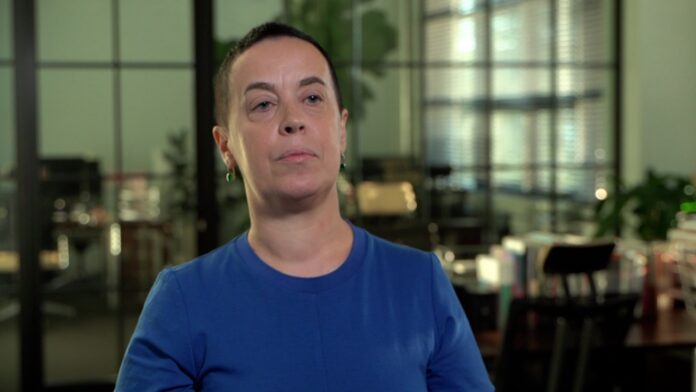Research firm IRCenter has conducted a study to determine whether Polish parents ask their children for their opinion, and more importantly, whether they respect it and in which areas they allow them to participate in decision making. According to the study, 67% of respondents believe that the youngest can make decisions jointly with their parents, but only in certain cases, such as: free time activities, holiday trips or choice of TV shows. Meanwhile, 15% of respondents expressed the view that children should always have a say in decision-making together with their parents, and 11% believed that decisions should be made exclusively by parents.
A few decades ago, children didn’t really have a lot to say; they had to listen to the elders and agree to their arrangements. Today, according to the law and science, children should have an influence on certain decisions together with their parents.
“In 1989, the Convention on the Rights of the Child was signed, which gives children the right to decide on matters that concern them. And it turns out that this is actually happening in Poland. From our research, it appears that 67% of Poles do give permission for the child to participate in important matters together with the parent. The growing number of single-children families also has an influence on this, which results in a much greater focus on children and their needs than in the past,” says Katarzyna Krzywicka-Zdunek, a partner at IRCenter.
According to experts, the golden mean is undoubtedly the possibility of joint decision-making. This is particularly noticeable in areas such as free time and relates, for example, to how to spend short weekend trips (82% of responses), choosing a place for family holidays (81%), and also choosing games (76%) and movies, TV series and cartoons (74%). This is the most popular view among people with higher education (72%) and residents of cities with over 500,000 inhabitants (72%).
A whopping 81% of respondents recognized that children should have partial influence on whether the family gets a pet. This percentage is quite satisfying, as it means that parents are increasingly noticing the needs of their offspring related to the emotional sphere.
“Parents give the child the right to co-decide on how to spend free time, where to go on vacation, what TV shows to watch, what to play. However, when it comes to the sphere where parents allow the child to make the decision, it includes the choice of friends, the look and arrangement of the room, what clothes they want to wear, their hairstyle, how they choose to celebrate their birthday or which book to read,” says Katarzyna Krzywicka-Zdunek.
50% of respondents let the children choose their friends independently, 40% let them choose books, 37% extracurricular activities, 34% the look of their room, 27% their clothes, and 26% their hairstyle. Experts point out that independent decisions are more likely to be left to the children by younger people aged 18-24, whereas older people, aged 55-65, are more likely to opt for collective decision-making.
But there are also decisions that parents tend to make quite decisively on their own. From the research, it appears that children have the least say in three issues. “There are however three spheres that according to parents belong only to them. Although this is not a significant percentage, these are spheres related to the child’s diet, i.e. what the child should eat, the choice of kindergarten and school, and thirdly – the choice of mobile phone,” says the partner in IRCenter.


















